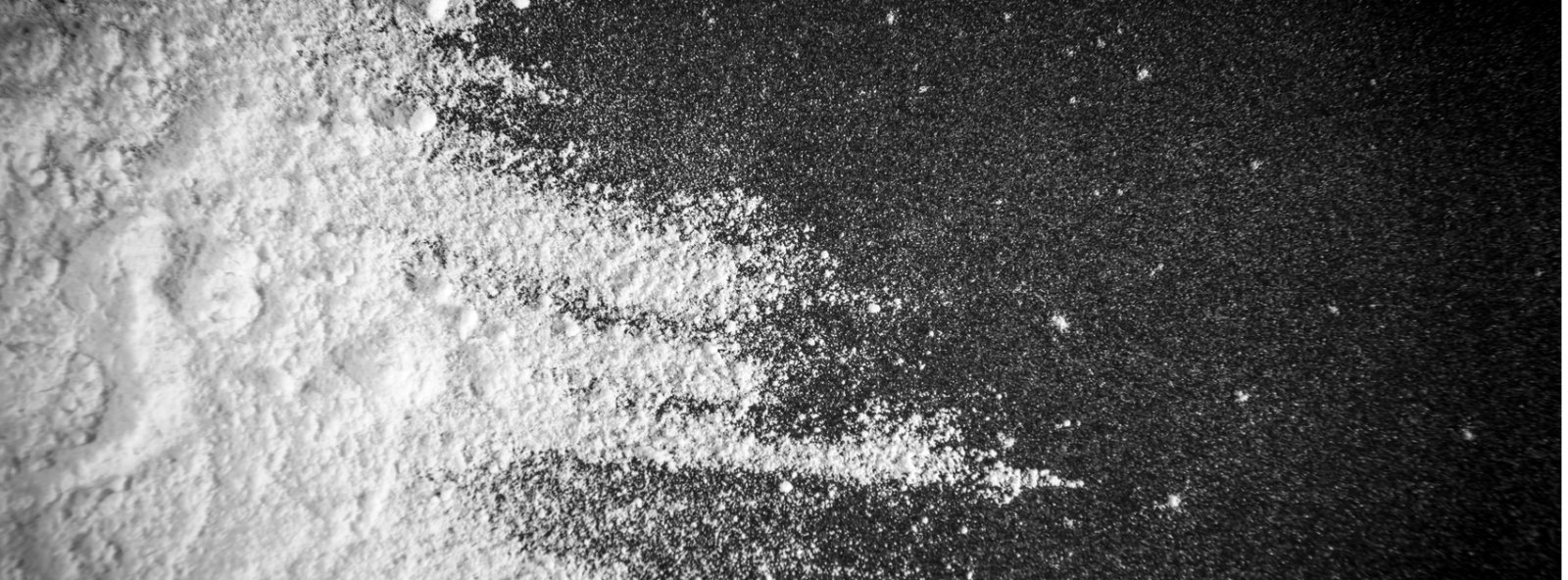

CAS: 100-44-7
Benzyl Chloride
Benzyl Chloride
Properties:
- Product Name: Benzyl Chloride
- Synonyms:5464: α-Chlorotoluene; ω-Chlorotoluene; 1-Chlorome-thylbenzene; (Chloromethyl)Benzene; Tolyl chloride; DBU/benzyl chloride; A-CHLOROTOLUENE; ALPHA-CHLOROTOLUENE; AKOS BBS-00003953; (chloromethyl)-benzen; (chloromethyl)-Benzene; 1-Chloromethylbenzene; ai3-15518; alpha-chloro-toluen; alpha-Chlortoluol; alpha-tolylchloride
- CAS RN.: 100-44-7
- EINECS: 202-853-6
- Molecular Weight: 126.5835
- Molecular Formula: C7H7Cl
- Density: 1.08g/cm3
- Melting Point(℃): -39℃
- Boiling Point(℃): 179.4°C at 760 mmHg
- Flash Point(℃): 73.9°C
- refractive_index: 1.527
- Water Solubility: 0.3 g/L (20℃)
- Hazard Symbols: T Details
- T:
- Risk Codes: R22;R23;R37/38;R41;R45;R48/22; Details
- R22;R23;R37/38;R41;R45;R48/22;: Details
- Safety Description: S45;S53;Details
- S45;S53;: Details
FAQ:
What is benzyl chloride?
Benzyl chloride is a versatile chemical compound used in various industries such as pharmaceuticals, perfumery, and chemical synthesis. It is a colorless liquid with a strong, unpleasant odor. Benzyl chloride is also known as α-chlorotoluene or chloromethylbenzene.
How is benzyl chloride produced?
Benzyl chloride is produced through the chlorination of toluene, which is a byproduct of petroleum refining. The reaction involves reacting toluene with chlorine gas in the presence of a catalyst to form benzyl chloride. This process usually occurs in the presence of ultraviolet light or heat.
What are the uses of benzyl chloride?
Benzyl chloride has a wide range of applications in industries such as pharmaceuticals, agrochemicals, and fragrance. It is commonly used as a raw material in the synthesis of various chemicals such as benzyl alcohol, benzyl cyanide, and benzyl acetate. Benzyl chloride is also used as a benzylating agent in organic synthesis and as a disinfectant or preservative in some products.
Is benzyl chloride hazardous?
Yes, benzyl chloride is considered hazardous due to its toxic, corrosive, and irritating properties. It can cause burns upon contact with the skin and eyes and can be harmful if inhaled or ingested. Therefore, it is important to handle benzyl chloride with care and use appropriate safety precautions such as wearing protective equipment and working in a well-ventilated area.
What are the storage and handling precautions for benzyl chloride?
When storing benzyl chloride, it is important to keep it in a cool, dry, and well-ventilated area away from heat sources and direct sunlight. The chemical should be stored in a tightly sealed container to prevent leaks or spills. When handling benzyl chloride, always wear appropriate personal protective equipment such as gloves, goggles, and a lab coat. In case of accidental exposure or spillage, follow the necessary emergency procedures and seek medical attention if needed.
Benzyl chloride is a versatile chemical compound used in various industries such as pharmaceuticals, perfumery, and chemical synthesis. It is a colorless liquid with a strong, unpleasant odor. Benzyl chloride is also known as α-chlorotoluene or chloromethylbenzene.
How is benzyl chloride produced?
Benzyl chloride is produced through the chlorination of toluene, which is a byproduct of petroleum refining. The reaction involves reacting toluene with chlorine gas in the presence of a catalyst to form benzyl chloride. This process usually occurs in the presence of ultraviolet light or heat.
What are the uses of benzyl chloride?
Benzyl chloride has a wide range of applications in industries such as pharmaceuticals, agrochemicals, and fragrance. It is commonly used as a raw material in the synthesis of various chemicals such as benzyl alcohol, benzyl cyanide, and benzyl acetate. Benzyl chloride is also used as a benzylating agent in organic synthesis and as a disinfectant or preservative in some products.
Is benzyl chloride hazardous?
Yes, benzyl chloride is considered hazardous due to its toxic, corrosive, and irritating properties. It can cause burns upon contact with the skin and eyes and can be harmful if inhaled or ingested. Therefore, it is important to handle benzyl chloride with care and use appropriate safety precautions such as wearing protective equipment and working in a well-ventilated area.
What are the storage and handling precautions for benzyl chloride?
When storing benzyl chloride, it is important to keep it in a cool, dry, and well-ventilated area away from heat sources and direct sunlight. The chemical should be stored in a tightly sealed container to prevent leaks or spills. When handling benzyl chloride, always wear appropriate personal protective equipment such as gloves, goggles, and a lab coat. In case of accidental exposure or spillage, follow the necessary emergency procedures and seek medical attention if needed.

